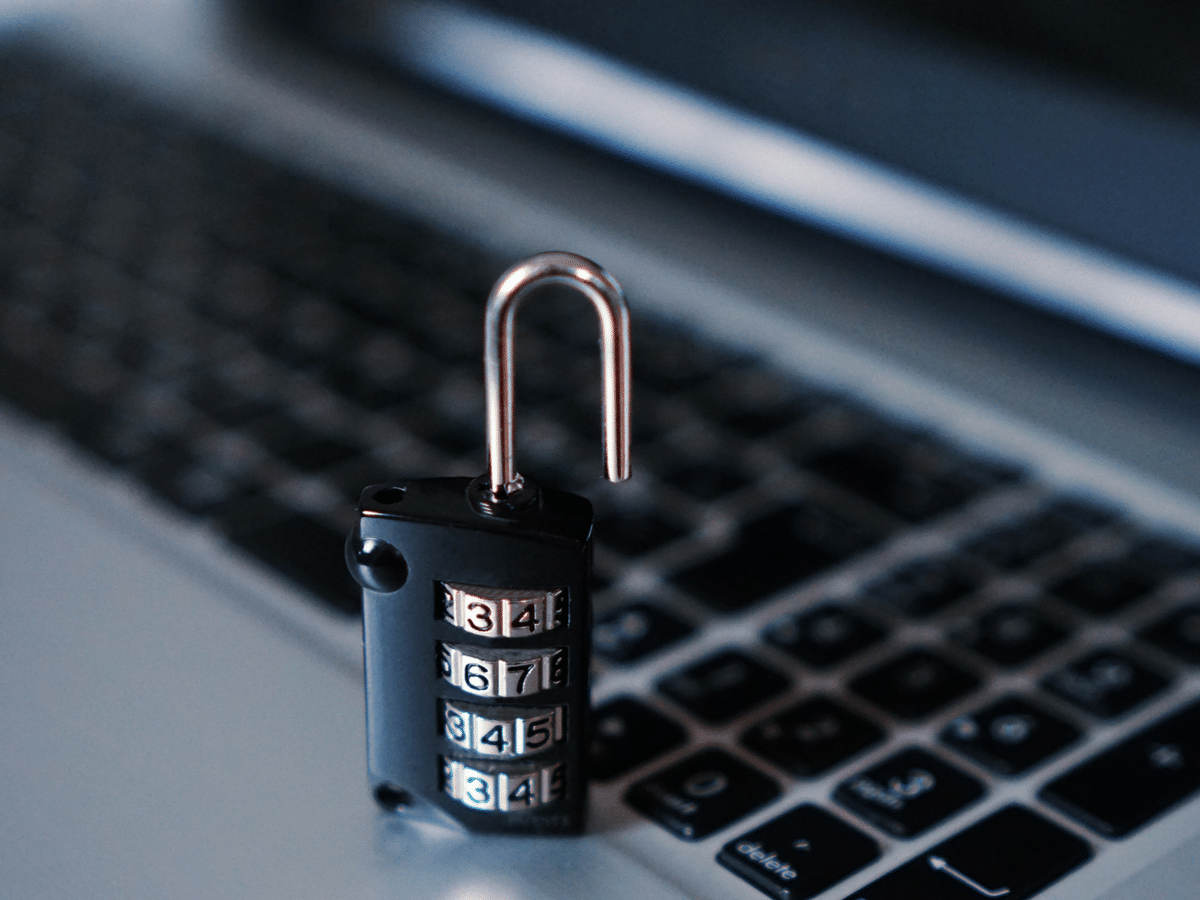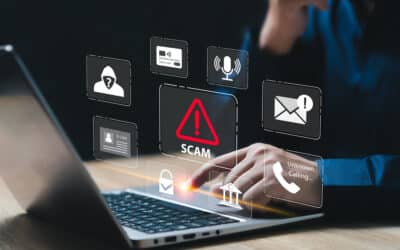What is Cybersecurity?
Today’s technology is innovative, interactive and beneficial on many levels; however, it also lends itself to major security risks. Think of all the electronic devices you use on a daily basis. All of these devices are susceptible to threats on your personal information. Cybersecurity is the protection of information systems from theft or damage to the hardware, software and to the information on them. Simply stated, cybersecurity is protecting personal information stored electronically.
Types of Cybersecurity Threats
Cybercriminals are hackers. They know how to gain access to your personal data and are very clever at doing so. They create emails, attachments and other links/websites that look legitimate but are actually malware (i.e. computer viruses, spyware, Trojan horses and other malicious programs). With every app or email you open and every search online, the threat of malware taking over is present. Be aware of the following types of threats to keep yourself protected.
- Malicious email – This type of email appears as if it is coming from your financial institution or other reputable sources and asks you to act quickly because your account has been compromised.
- Spam – Anyone with an email account knows what spam is. It is basically junk mail in the digital form that shows up in your email account inbox. Oftentimes, these emails include links, that if clicked on, can access your personal information.
- Phishing – Phishing is an attempt to obtain information such as your username, password, financial account numbers, etc. by using emails or malicious websites and then infecting your computer with viruses. This type of activity can also occur on social media sites.
How to Protect Yourself from Cybersecurity Threats
The National Cyber Security Alliance (NCSA) has developed the STOP. THINK. CONNECT. campaign which promotes a culture of online safety and security. The NCSA offers a wealth of information to keep you safe. It’s crucial to be aware of the threats and take the necessary steps to prevent becoming a victim. Here are just a few tips to help you stay protected:
- Trust but verify – If an email or phone call seems suspicious, take the time to call the vendor/business to confirm its authenticity or lack thereof.
- Stay up to date on patches – A patch is a piece of software designed to update a computer program or its supporting data to fix or improve it. Make sure the programs on your computer such as Adobe Flash, Microsoft, etc. are current as well as your other electronic devices such as smartphones and tablets.
- Be careful when using public Wi-Fi – It is very convenient to use public Wi-Fi; however, those airwaves are easy targets for hackers. Oftentimes, these airwaves are insecure so it’s best to not use this Wi-Fi for anything sensitive.
Cybersecurity Education
Education and awareness are key to protecting your digital identity. If you know what suspicious online activity looks like, you are better equipped to prevent yourself from falling victim. For more information about cybersecurity, go to Stay Safe Online or the Federal Trade Commission.



